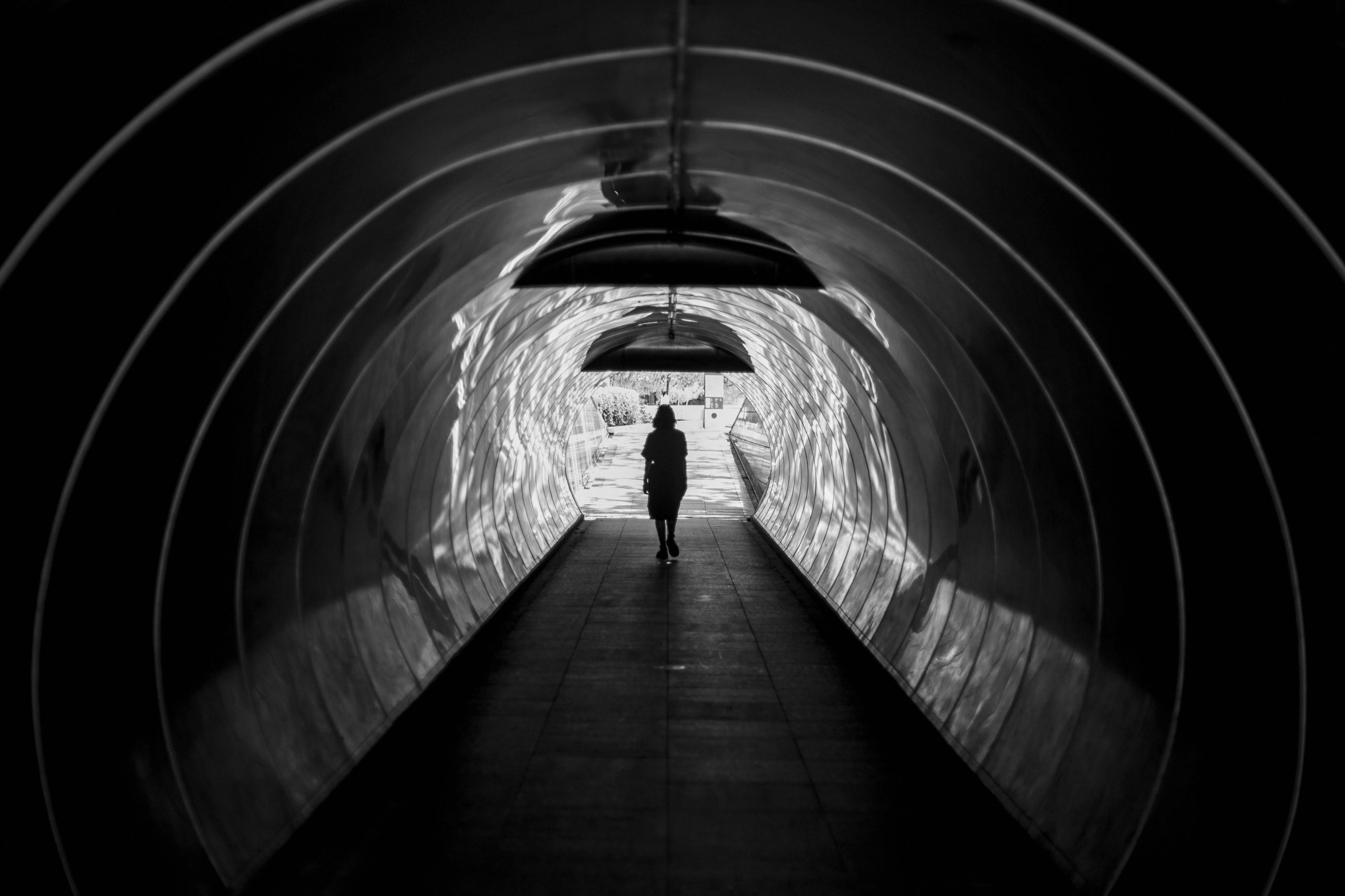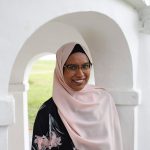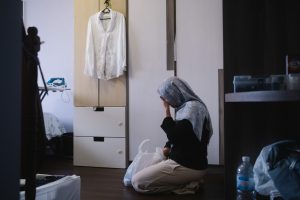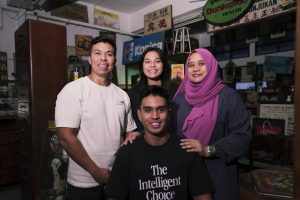Top image: Marisse Caine/Rice Media
When Alyssa Reinoso filled up her first legal papers after her husband’s death in 2017, she couldn’t bring herself to tick the box marked ‘single’.
“It felt like a betrayal to say that I was never married,” said the 30-year-old. “I felt like I had to make that distinction, that I’m widowed and not single. Ever since then, I’ve just gone with that definition because to me, being single means to have never been married.”
Alyssa’s definition of single is one most of us might be familiar with: it’s rare to associate this placeholder with those amongst us who are divorced or widowed.
While Singles Day may be our one-stop shop for all the discounts on Shopee and Lazada, for a select group of people, it’s a deeper reflection of their lived experience. And as we progressively and wholeheartedly embrace singles of all shapes and sizes on this day, there may just be a group of singles we are overlooking.
Single by circumstance, not choice
The departure of their significant others is a fresh wound for most widows and widowers like Alyssa, and the term ‘singles’ feels like a convenient but incomplete plaster.
But Adib Jalal views the term as an official civil status and nothing more.
“I am a newly single person, not by choice but by circumstance.”
The 39-year-old lost his wife and partner-in-life in May last year to Stage Four Colon Cancer. After two years of chemotherapy and treatments, he finally had to face life as a singular entity.
As for Leo, he is finalising the papers for his separation from his partner with whom he has a 16-month-old daughter, Bailey.
“If being in a relationship is the mutual understanding of being romantically exclusive with someone,” explains Leo, “and being single is its antithesis, then yes, I am single.”
The 26-year-old knows for a fact that he no longer feels romantically involved with his ex-partner, and he shudders at the thought of reconciliation.
“I know I can’t get married yet anytime soon—I’m not sure if I’m ready for that either. But I believe I’m allowed to meet new people right now, so I am open to it, even if it’s not my top priority.”
Jane similarly views her situation. “As long as I’m not married, I’m single,” Jane tells me matter-of-factly as she sits cross-legged on her sofa in Sardinia, Italy, with her grey backpack next to her.
Jane left Singapore to be a digital nomad last year after separating from her ex-husband, and, to her, it has been the best decision ever. For the 29-year-old traveller, a divorce is just a life event, much like getting a new job or having a baby.
None of the people I interviewed had gone into marriage expecting to come out the other side partner-less. Despite Alyssa’s qualms about the term ‘single’, there has yet to exist a word that better encapsulates the circumstances of all these individuals.
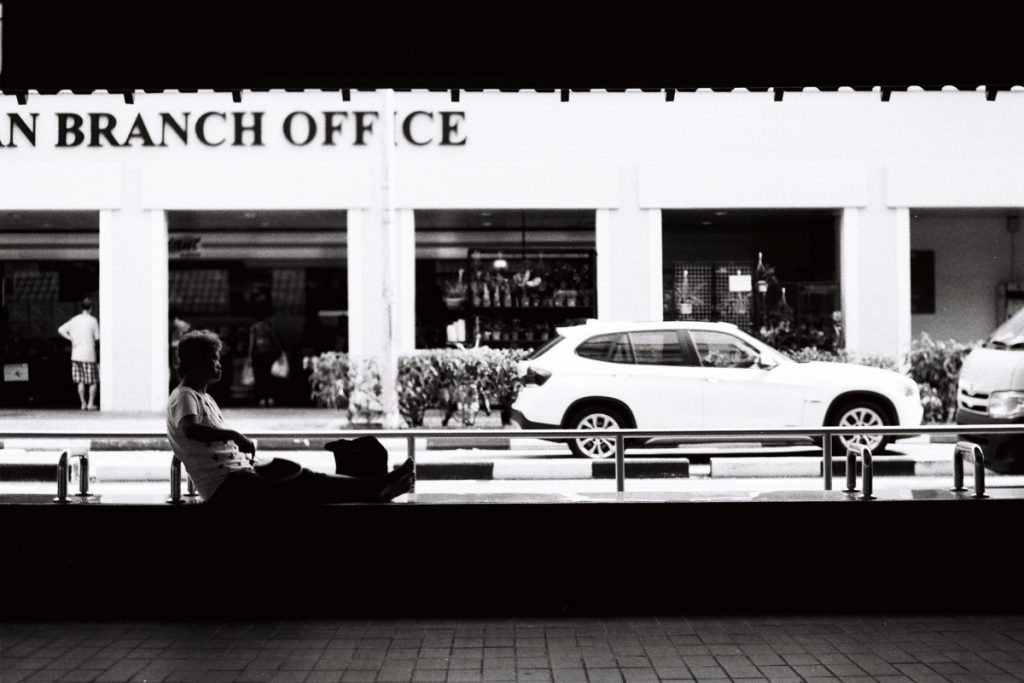
Ticking boxes that don’t quite fit
Still, the complexities of dealing with loss and separation transcend the boundaries any box offers in any legal form.
Alyssa and Adib tell me how they were expected to fill up such forms within a month of losing their spouses. They remember the moment vividly.
“It wasn’t a shocking experience or realisation,” says Adib. “When my wife passed, I immediately felt like a singular entity. Filling up those forms drove home the point. I knew from then on that I’d be circling a different box.”
The emotions he had been dealing with as he came to process his wife’s passing were finally translated on paper.
When Leo began filing for his separation, it was nowhere near an easy decision. A new reality had set in.
“How am I going to do this by myself? What’s my next avenue of support? How do I manage myself financially now?”
These questions plagued Leo’s mind after a year-long rough patch between him and his partner. When he was initially faced with the thought of splitting from her, he refused to think about what to do next.
“You spend so much time building your life, your circle of friends with this person and when you start getting into the legal process, your life flips around 180, you know?”
Adib recounts what it was like moving forward from his late wife’s passing: “I’m no longer going through life with her. Our daily life, things like going shopping or tossing ideas back and forth with someone. You lose the person you used to do all these things with.”
Adib and Leo’s comments gesture towards a shift in perspective where they go from looking at the world from the point of view of a couple back to one. It is a shift laced with multiple layers to untangle, with the legal process being one of the many hurdles to transcend.
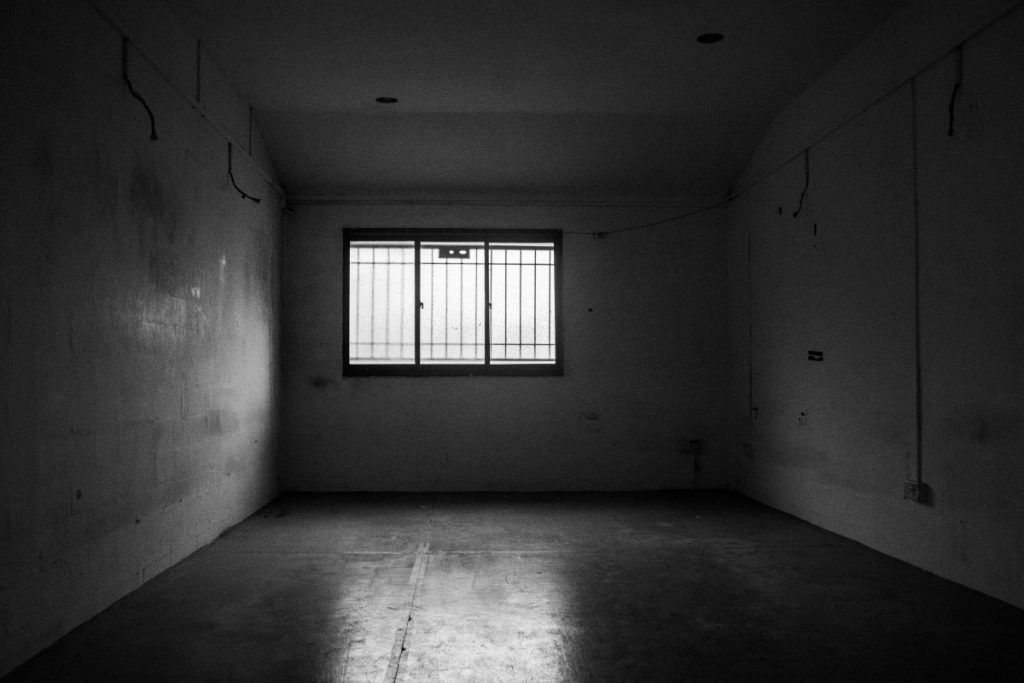
Labels yellowed by stigma
“Surely you’ve made a mistake, right?” the passport controller asked, looking at Alyssa. “You’re widowed? But you’re so young.”
It wasn’t the first form Alyssa filled, but it was a memory etched in her mind after being recently widowed.
“Nope, that’s correct,” she murmured, fighting back fierce tears.
Till today, she remembers the pitiful eyes the officer gave her. “Anticipating people’s reactions and things like asking for more information than what is necessary for the situation… these are comments that aren’t helpful at all.”
Four years later and Alyssa has since become inured to such remarks.
Coincidentally, she recently had to renew her passport again, and a similar incident occurred—her status as a widow questioned and probed as if out of disbelief.
“It’s just a matter of correcting people now, telling them it’s not a mistake. Whereas in the beginning, whatever I felt was still really raw, and it was difficult to witness people’s reactions.”
Single dad Leo faces most of the stigma of divorce as he starts meeting new people again.
“It’s a toss-up, really. A 50/50 chance they’d either appreciate me as a responsible father or give me that look,” he says, imitating a grimace.
“I wish I knew, and I wish they told me because it’s not like they have to take care of Bailey right now,” he says. “Whatever concerns they have, I’ll never know because they don’t voice it to me. They usually just end up ghosting me,” he wryly chuckles.
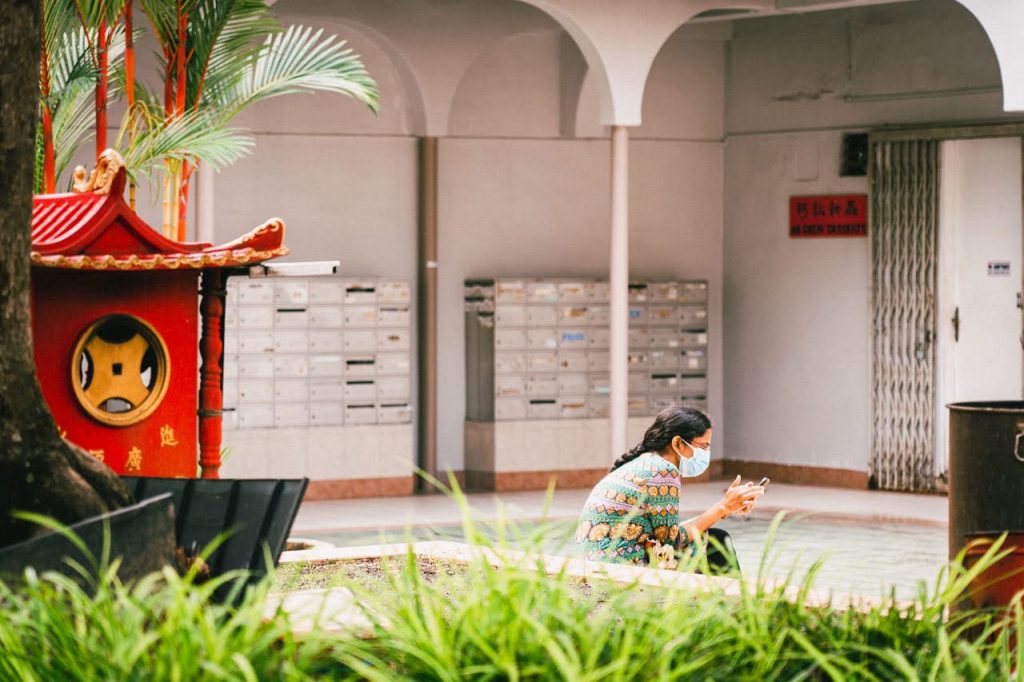
Silencing the singles
What I noticed across the board from their experiences was that most Singaporeans still didn’t know how to talk to people who were divorced and widowed.
It’s a taboo topic that is particularly murky for the younger age groups. I found myself sheepishly asking a lot of my questions throughout the interviews for this piece—before I realised it was a side effect of what our society has taught me.
Our strategic manoeuvring around the topic does little to benefit either divorcees, widows, widowers or those supporting loved ones in such situations. Instead, as we sweep it under the rug, we end up further entrenching a lack of understanding and perpetuating a stigma around the non-traditional singles amongst us.
Jane has met her fair share of people during her travels, and she noticed that it was predominantly Asians who continue to emphasise having a nuclear family.
“It challenges our fundamental perceptions of a happy family. Our Asian customs and cultures delineate what a conventional family looks like, and a lot of our policies are premised on that,” she rationalises.
She cites the Graduate Mothers’ Scheme, a contentious policy from 1984 that encouraged higher-educated women to marry and have children. The policies ranged from tax benefits to priority admission to schools, all in the name of promoting an ideal vision of a Singaporean family—educated and contributing to our declining birth rates.
“I’ve never felt the stigma of being divorced. It usually comes up when people ask me why I’m travelling, but whenever I mention it, they just accept it as a fact and move on.”
In Jane’s opinion, this divergence of perspectives between Asians and Western countries is because back home, this loss and separation are seen as an intrinsic failure in the household unit. This lack needs to be addressed.
Perhaps this similar lack drives even the never-been-married singles amongst us to search for love so desperately.
A relationship becomes a way for us to fit into a mould that has been shaped for us.
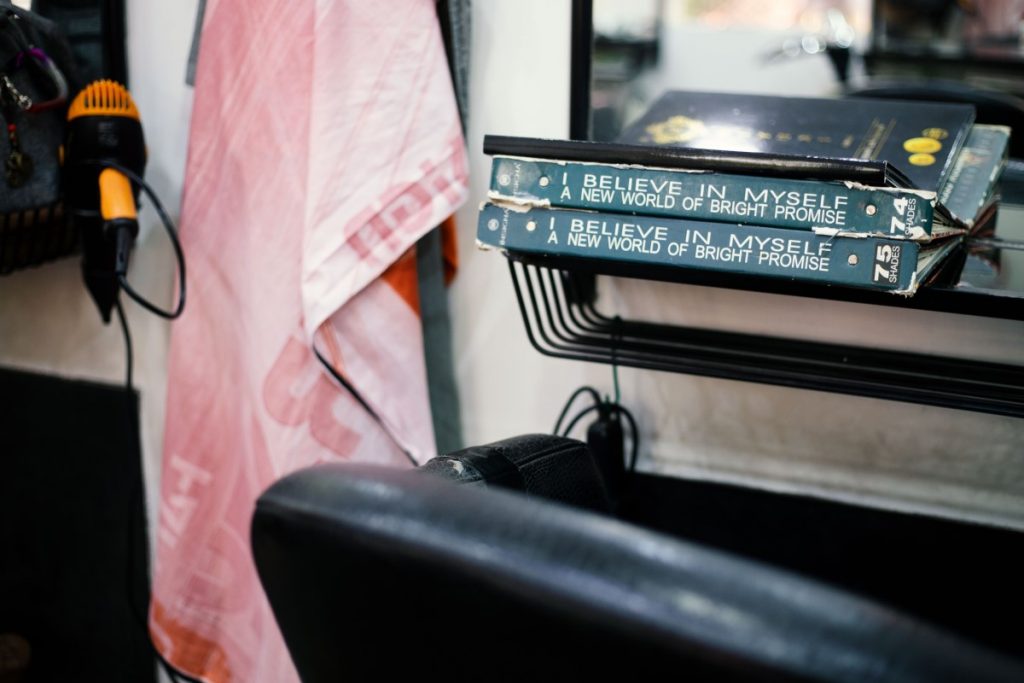
No blueprint, no guides, new love?
With no blueprint or guide for what life looks like for a young divorcee, Jane jumped on this opportunity to pave her own path. Having wanted to explore the world since 18, she took the split as a means to jumpstart her dreams.
As she roamed through the scenic sights of Croatia, she ended up meeting her current partner on Bumble.
“He wasn’t the first guy I dated, but I remember how weird it was to re-enter the dating world again. Especially when I first started going on physical dates.”
If being divorced or widowed is spoken in hushed tones, dating amongst this pool of singles is rarely even broached, especially in Singapore.
Dating apps are an option, as it was for Jane and it could be for Leo, but there’s always the question of how and when to bring up their past marriage to a potential partner.
“I usually tell them from the get-go,” explains Leo. “My daughter is a big part of my life, and this is who I am. I also don’t want to waste the other person’s time.”
All four interviewees held a similar opinion when it came to being honest about their experiences.
Even though Alyssa wasn’t sure about what was in store for her love life and Adib couldn’t comment yet, they both agreed that they would want to be honest should the situation arise.
“I’ve been very open about my widowhood, so I think there’s no going back now,” jokes Alyssa, who posts publicly about her grief on Instagram.
She also co-founded Calm Collective Asia to dispel the stigma surrounding mental health. Alyssa recognises that her openness about her situation is a personal choice.
Each person dealing with loss and separation has their unique journey precisely because there isn’t a fixed timeline or framework that needs to be followed.
There’s a common misconception that what these singles need is a new partner. But it’s never so straightforward.
“I think the media has conditioned us to think that a relationship is a be-all and end-all,” says Alyssa. “That it’s a prerequisite to healing and happiness for someone who was divorced or widowed. But it’s important to remember that happiness can exist outside of that condition—and it usually does.”
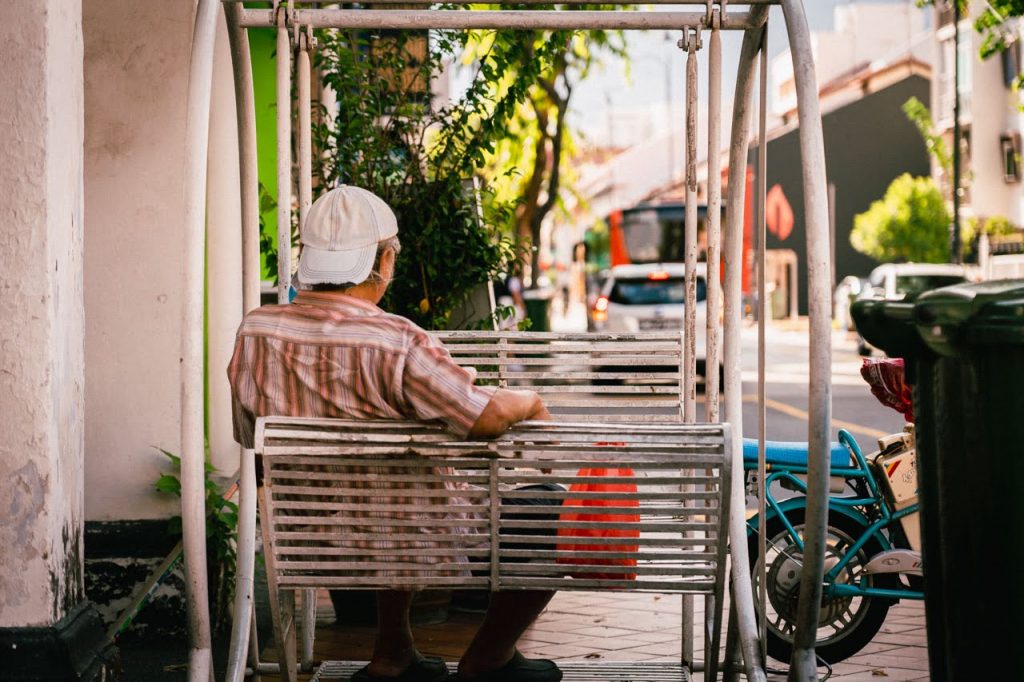
A new self-partnership
Even with Jane’s new partner, marriage is not the end goal for her.
“To me, it’s just a piece of paper that declares the union of two people for political and economic reasons. Beyond that, I don’t see why it’s necessary.”
And while Jane’s point of view is unique amongst those I interviewed, it captures an underlying sense of single-positivity amongst them and today’s society.
Whether you call yourself ‘single’, ‘self-partnered’ or simply being ‘single-positive’, more people have been embracing the concept of being in a relationship with yourself. As people jam to songs like Ariana Grande’s thank u, next, and Lizzo’s Truth Hurts, they also switch up the once melancholic tempo for singledom.
And these unseen singles amongst us are also marching to that beat.
It became quickly apparent that each one of them was focusing on prioritising themselves in their healing process.
From Jane’s overseas adventure to Alyssa’s mental health advocacy, they’ve each found their ways to focus on the things they loved as they process the emotions they felt.
“I think whether you’ve been married your whole life or are currently single, the work you put in yourself doesn’t stop and is most important,” Adib remarks.
He knows there’s a lot to process, especially in his case, as he finds new foundations and rebuilds a new life. Yet, he embraces the work and self-love that necessarily accompanies this process of healing.
“It applies to everyone, really. The last thing one should do is enter a relationship out of desperation to fill a hole in our lives. Personally, I don’t want nor expect my future partner to replace my late wife. Rather, it should be built with its strong foundation of connection, honesty, and a strong sense of self.”
Sometimes we think of a self-partnership and a relationship as mutually exclusive, that they exist on different planes. However, many of the tenets of a good relationship with others stem from having a healthy relationship with yourself.
“At the end of the day,” Leo contemplates, “don’t think too much about whatever people say and the labels they give you. You know yourself best, so you should do what makes you happy. Focus on yourself first so that you can show up for the people that matter.”

